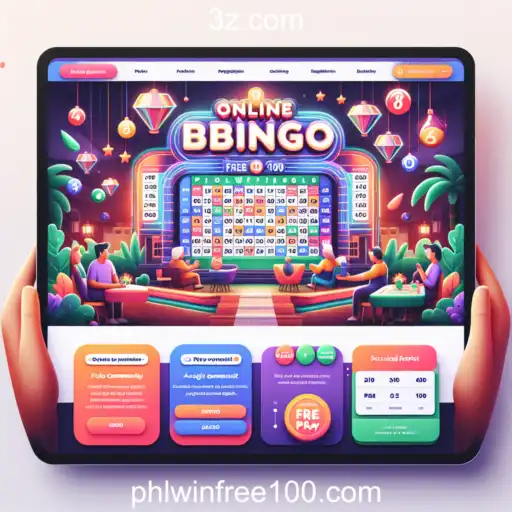
Exploring how gamification trends in educational platforms, especially Phlwin's offerings, impact online learning environments.
In recent years, digital transformation has reshaped how we approach both work and education. One of the most intriguing trends is the application of gamification in educational contexts. A standout example in this evolving landscape is the platform, Phlwin. With its tagline 'Phlwin Free 100,' the platform entices users with free access, drawing attention to its sleek interface combined with a deep well of game-based learning content.
Gamification, at its core, leverages elements typical of video game design to enhance user engagement, comprehension, and retention in non-game contexts. For educational platforms, this means transforming traditional educational content into interactive, rewarding experiences. Phlwin has capitalized on this by integrating adaptive challenges that not only hold the attention of students but also cater to diverse learning needs.
The key to Phlwin's success appears to be its dual focus: maintaining educational relevance and ensuring an enjoyable user experience. It's not merely about incorporating popular gaming elements like leaderboards or badges; instead, Phlwin emphasizes learning outcomes, using data analysis to tailor the learning journey for each user.
From a broader perspective, the rise of platforms like Phlwin highlights a significant shift in educational dynamics. Amid global educational disparities and accessibility issues, gamified platforms provide a unique avenue for inclusive education. They support asynchronous learning, enabling users from various backgrounds to pursue knowledge at their own pace.
However, the influx of these platforms prompts discussions regarding screen time, data privacy, and educational efficacy. Critics question the long-term impacts of game-based learning, wondering whether it can genuinely substitute traditional methods or if it should merely complement them. Moreover, with users increasingly demanded to share personal data, concerns about data security are paramount.
As we move further into a digitally-driven era, the role of gamified educational platforms like Phlwin will likely grow. The integration of virtual reality and AI technologies could bolster their offerings, providing even richer, more adaptive educational experiences. For now, parents, educators, and students alike watch with cautious optimism, hopeful that such innovations bring about meaningful improvements in learning outreach and educational efficacy.




